Bennett admits Israeli regime's future ‘in danger’ after key defections
Israeli premier Naftali Bennett, in a candid admission, has said that the regime's future is “in danger” after an Arab lawmaker resigned in protest against violence on Palestinians, becoming the second defector in the Bennet-Lapid’s hotchpotch coalition in less than two months.
“Being responsible for forming a rescue government was a difficult choice, but the country’s future is in danger and we must fight to preserve the unity of our people, because we have no other country,” Bennett said in a statement posted on his Twitter page on Friday.
It came a day after Ghaida Rinawie Zoabi of the leftist Meretz Party stepped down from the ruling coalition, which is led by Bennet and his ally and foreign minister Yair Lapid, reducing the fragile coalition to a minority in the Knesset.
In a letter announcing her decision, Zoabi cited the Tel Aviv regime’s hard-nosed position on Arab issues, including recent violence at the al-Aqsa Mosque compound in the occupied East al-Quds, the demolition of Arabs’ homes, and land confiscation as reasons behind her resignation.
“Again and again the heads of the coalition have taken hawkish, rigid and right-wing stances regarding basic issues of utmost importance for Arab society,” she said. “I cannot continue supporting the existence of a coalition that harasses my community in this disgraceful manner.”
Zoabi’s resignation left the ruling coalition, which was formed by eight Israeli parties from the far-right to the far-left, with 59 seats in the 120-seat Knesset.
It came over a month after lawmaker Idit Silman from the right-wing Yamina Party defected from the coalition to the opposition Likud party.
The move could provide Likud leader and former prime minister Benjamin Netanyahu the votes he needs to call new elections and bring down the peculiar coalition, which was created with the main objective of unseating Netanyahu.
‘Palestinians rising up through resistance’
Palestinian-American journalist Ramzy Baroud argues that Israel’s political crisis will “continue indefinitely” regardless of the fate of the Bennett regime.
In an article published days before Zoabi’s resignation, Baroud predicted a second defection in the ruling coalition, which he said has been “left to contend with the painful reality that its odd political components have very little in common.”
Pointing out that Israeli politics is among the most fractious in the world, he said that on the other hand, the Palestinian body politic has been slowly reanimating.
“Grassroots leaderships are coordinating their actions from [al-Quds] to Gaza, from the Negev to the West Bank and to Palestinian communities in Israel itself," the noted analyst wrote.
The Israeli occupied territories have been the scene of protests in recent days, in the aftermath of the Israeli forces’ killing of Shireen Abu Akleh, a veteran journalist who was shot in the head on May 11 while covering an Israeli raid on a refugee camp in the Palestinian village of Jenin.
Israeli violence at the funeral of Abu Akleh, whose brutal killing sent ripples of anger and outrage around the world, was one of the reasons cited by Zoabi for her resignation.
“The last month, the month of Ramadan, has been unbearable,” she wrote on Twitter. “The sights that came from the Temple Mount of violent policemen in front of a crowd of worshipers, the funeral of Palestinian journalist Shireen Abu Akleh, brought me to only one personal conclusion: no more.”
Baroud, the founder of PalestineChronicle.com, wrote in his article that for the first time in many years, “Israel finds itself in a position where it is no longer the only party that is shaping events or determining outcomes” in the occupied territories.
“Contrastingly, Palestinians are finally becoming a factor in Israeli politics and, through their popular resistance, can mobilize to put pressure on Tel Aviv, as has been the case in recent years,” he concluded.
Hamas: Israel’s raid on Kamal Adwan Hospital ‘war crime’
VIDEO | TELECOM 2024 brings together ICT firms in Iran
South Korea’s parliament impeaches acting President Han Duck-soo
Iran FM in China for 'more consultations' amid 'sensitive' circumstances
VIDEO | Israel, worried about ...
VIDEO | Press TV's news headlines
Settler fatally stabbed; five Israeli soldiers killed, injured in Jabalia
Rampant poverty in Israel and implications


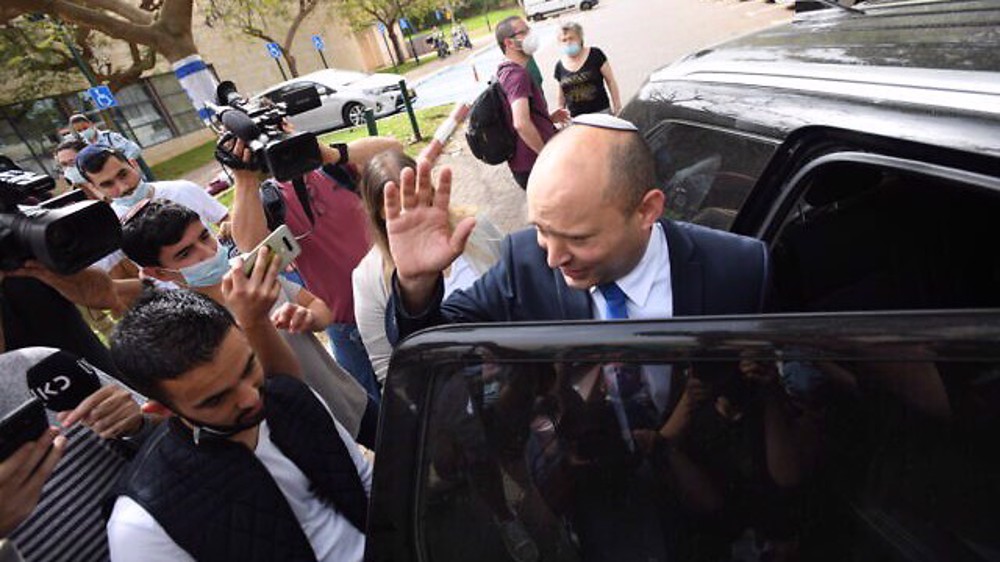
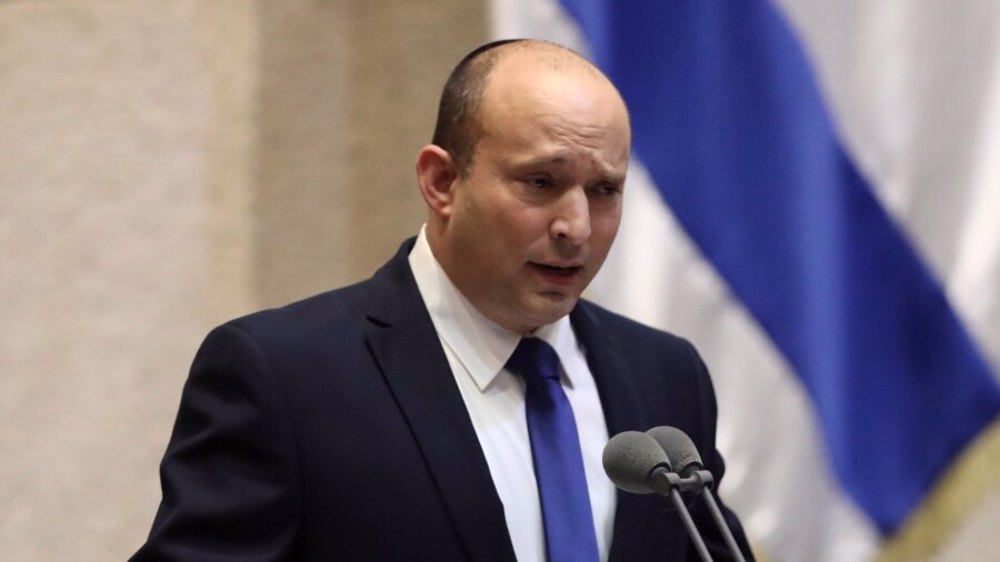
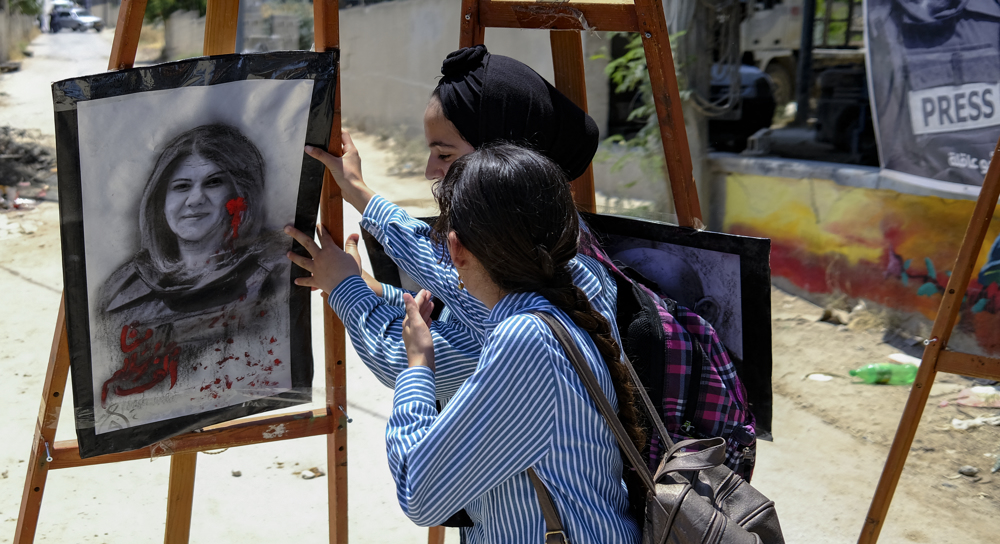
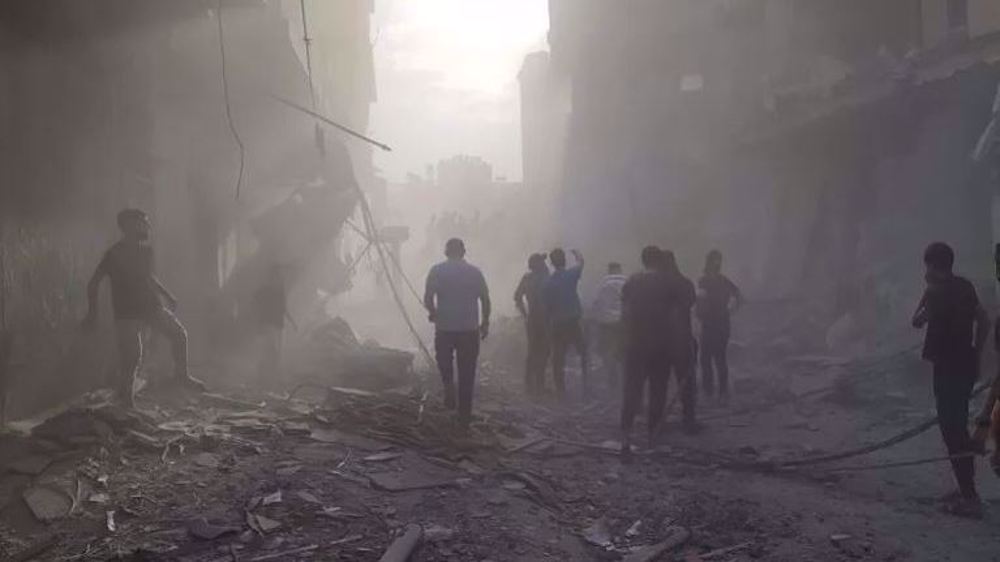

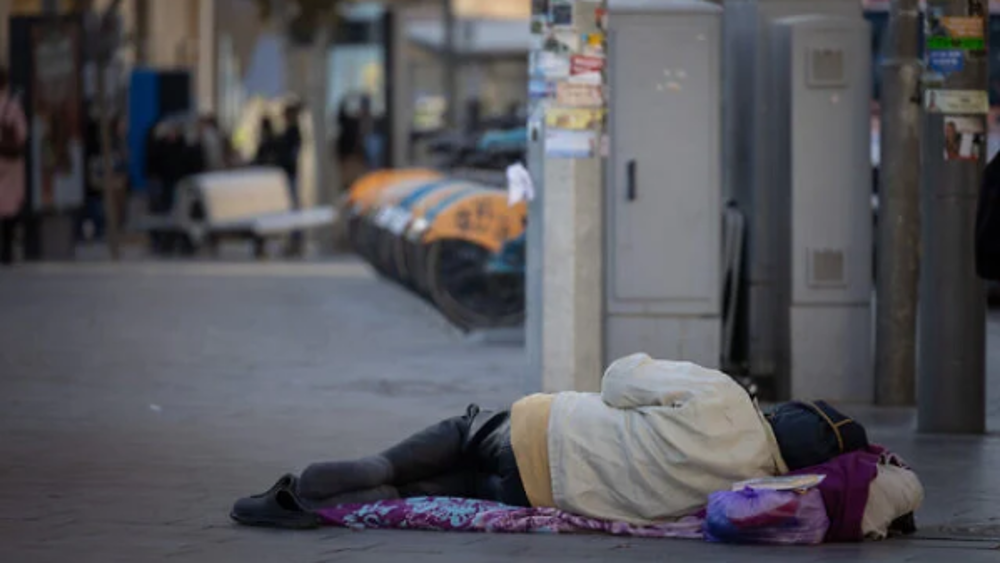



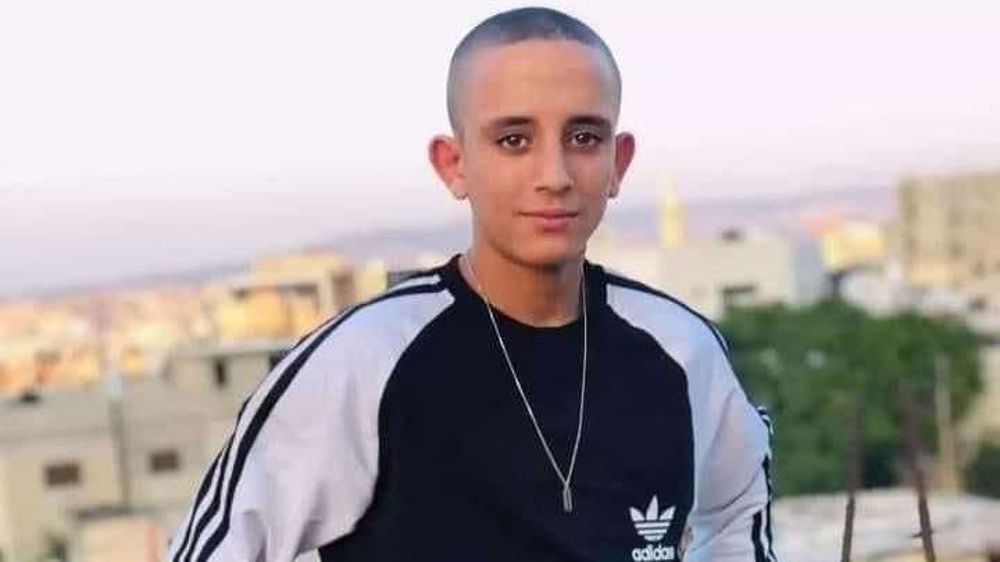
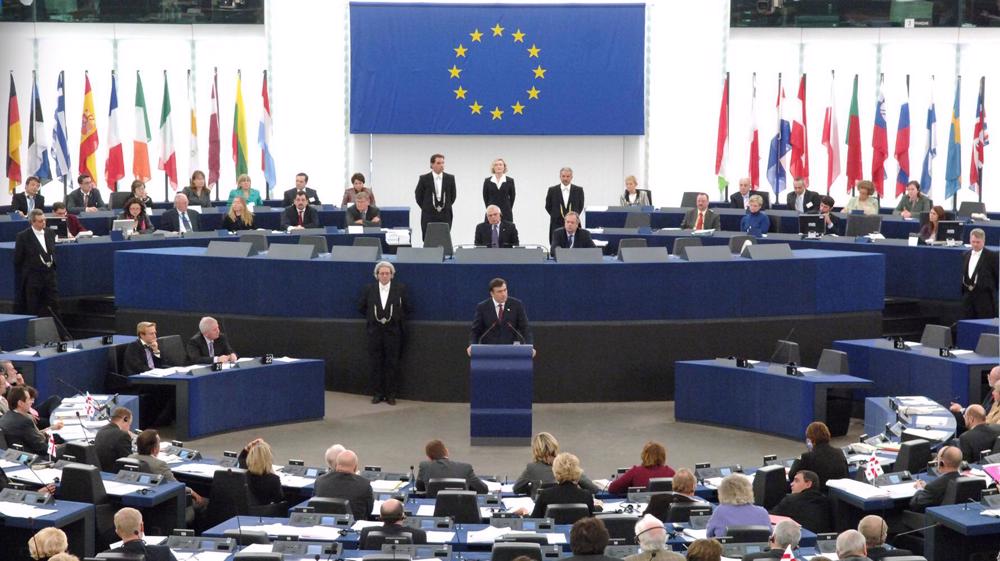
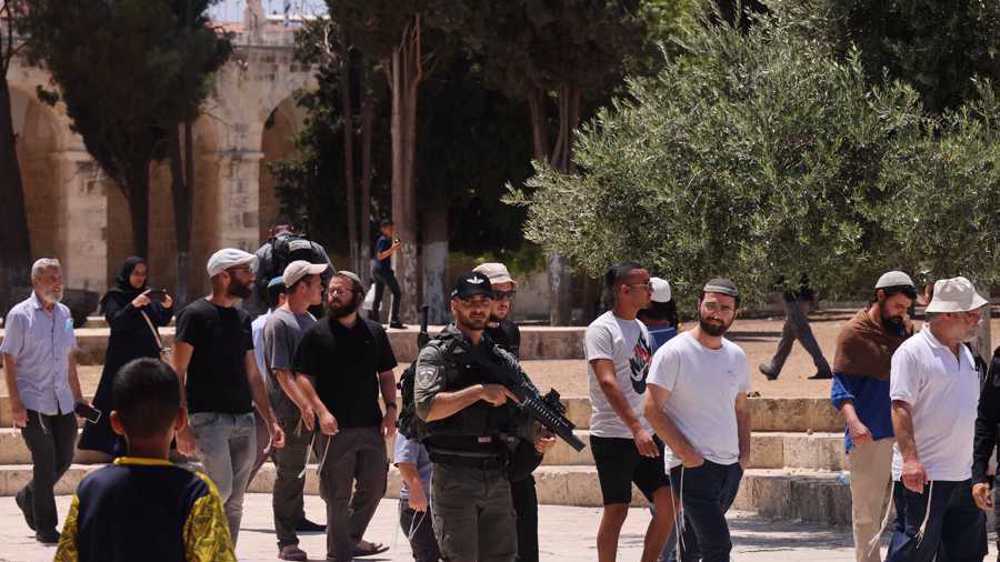
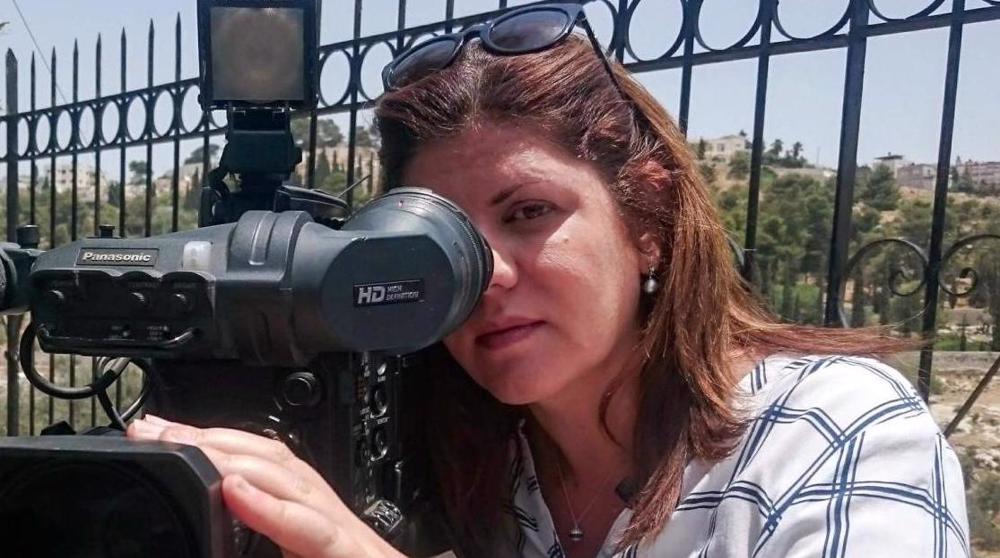
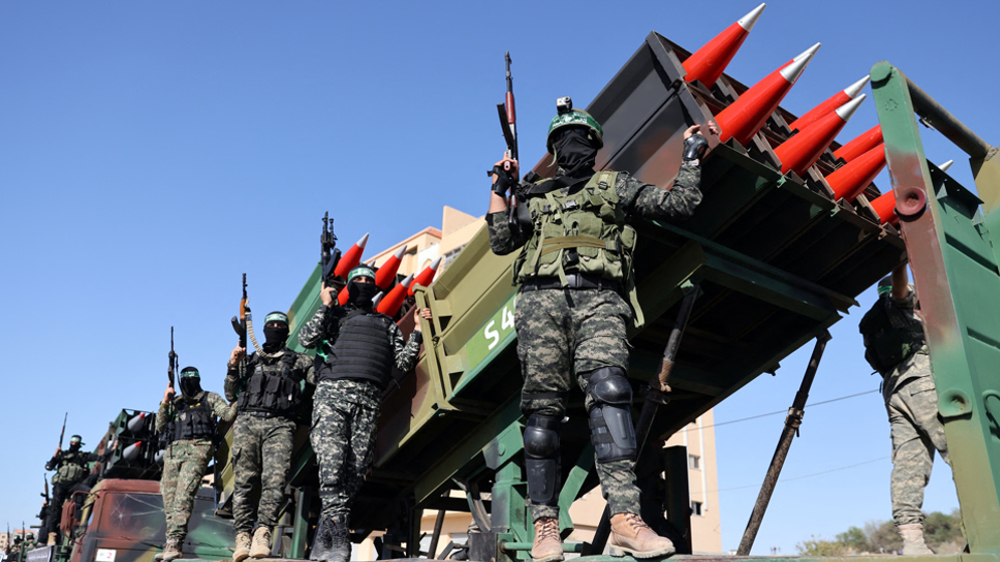


 This makes it easy to access the Press TV website
This makes it easy to access the Press TV website